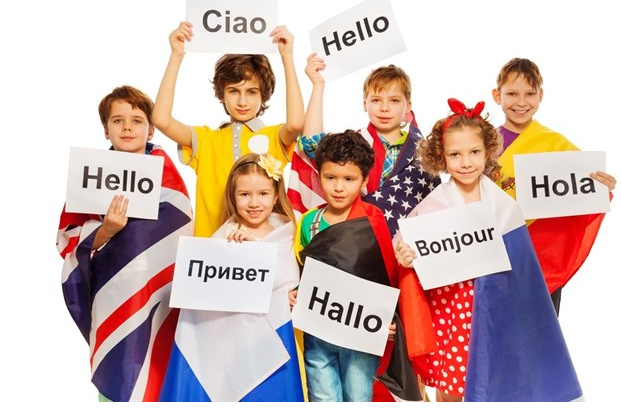Traveling and learning languages is one of the premises of people when they ask us about our wishes.
If we read the press daily, new platforms, instruments and tools appear to learn or improve languages.
Netflix, for example, has a channel that helps you improve your languages by watching movies and they have already created simultaneous translation devices like TRAVIS.
Learning languages has become an imperative in education and one language is no longer enough.
Alejandro Ferrer, director of MCM Educational Consulting, says that “you master a language when you can make and understand jokes in that language.”
Learning languages while traveling, is the easiest way to strengthen your knowledge in a second or third language. As well as getting to know other cultures, people and countries.
As it is said: “knowledge does not take place” traveling and learning help us to improve as people as well as adding value to our personal curriculum.
Since the crisis began, families are investing 28% more in the education of their children according to the newspaper La Vanguardia and one of the fields where the investment has grown is in mobility and language education abroad.
In Spain, the foreign language is considered one of the most important subjects.
Agencies and educational consultants such as MCM Educational Consultants help parents make the best academic and curriculum decisions abroad, but they are priced, and sometimes not affordable to all families, especially if they have more than one child then the expense is multiplied.
As many experts say, it is in linguistic immersion where one really learns a language, it becomes internalized in all linguistic aspects and is definitively entrenched in our minds.
Why invest in languages?
It is one of the questions in education that perhaps has more than one answer. The globalized world in which we live, forces young people to master one or two languages in addition to the mother tongue.
Languages have been and continue to be a degree in training, something difficult to learn if you live with natives of the host country, so for centuries studying in a foreign country has been part of the same educational process.
A few days ago, the newspaper Mercado published: “Speaking another language changes the structure of the brain. It makes the mind more malleable. A group of polyglots working together will be a group with original thinking. ”
Androulla Vassiliou, in an interview with Aprendemas.com (2002), said: “There is no denying that languages open borders and new possibilities and job opportunities that without them would definitely not exist, but as the European Commissioner for Education, Culture, Multilingualism and Youth, Androulla Vassiliou, : “Language learning is money well spent, as it is an investment in the future of our young people in particular and in the future of Europe” and “monolingualism is a luxury that we cannot afford.”
Young people need to know other cultures and countries as it makes them more tolerant and open to diversity.
What does the market offer to travel and learn languages?
Although the best option is to immerse ourselves in another culture and impregnate ourselfs with it, it has turned out to be the least economical with the options that were offered up until now. Agencies representing schools, clubs, camps, payment families, academies … require very high costs that many families cannot afford.
With the emergence of collaborative economies, new ways are also open for languages and families, and Via Families is an example of this, a platform for international exchanges for families and students, without agencies or intermediaries, getting to know and choosing the family personally to make invitation exchanges.
What does Via Families offer you?
Via Families offers an international network of families and students to make language, sporting or cultural exchanges, joining common interests and needs, around education, sport, culture or languages.
The possibility of choosing and deciding where, when, how and with whom to make an exchange, travel or receive a student.
Students travel and know other cultures, practice their favorite sports or hobbies and perfect or learn another language thanks to other families like yours.
Nobody better than parents and students to know the type of family they want, when and how they want to make the invitation or exchange. They do not need intermediaries but only one channel to get to know them: Via Families is the simplest channel available to international education.
How does collaborative economy work in languages?
Via Families Community
Like many other collaborative economies it relies on help. Helping each other by saving intermediaries and agencies, lowering costs to the maximum, based on mutual needs and interests.
In only 3 steps, you can contact who you want: registering, creating profile and contacting. Nothing simpler, safer, easier and cheaper. Families have the option to contact anonymously through the platform’s messaging service until they decide to share their data.
Guarantee, security and confidence
Validate the identity, associating the profile with the social networks, belonging to an association, school, federation or company, upload a legal document to your profile. All sums up in Via Families to prove the validity of Your identity.
In addition, Via Families already has the support of several sports federations like the Catalan Federation of Tennis and the Spanish, French Federation South of Tennis, ELFAC Numerous Families of Europe, or Group Romeu. All of them have joined Via Families to endorse the profile of their employees, federated or associates. A further guarantee of confidence for other families.




